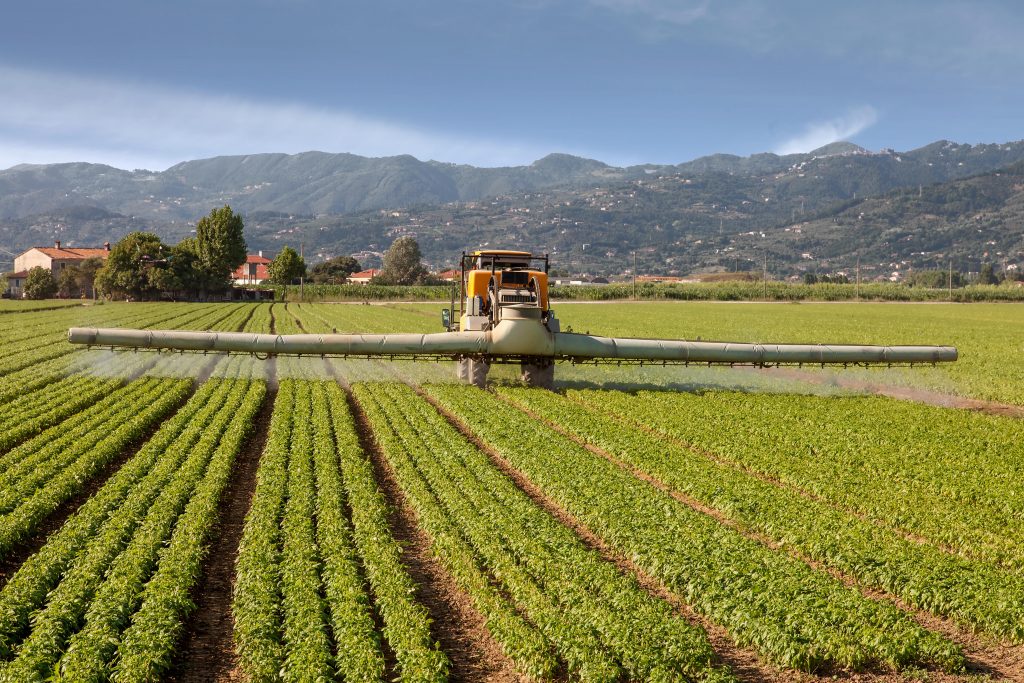By Richard Mann
RIO DE JANEIRO, BRAZIL – The Ministry of Agriculture approved the registration of 42 pesticides, totaling 211 this year. They are produced by Dow AgroSciences, Bayer, and Syngenta, and have been waiting four years for liberation, according to the portfolio.

The approvals were published in the Federal Gazette on Monday, June 24th, and include only one new active ingredient (the so-called technical product). The others are “generic”.
The novelty among the approvals is Dow’s Rinksor, based on Florpyrauxifen-benzyl. It is the first new active ingredient approved in 2019. It has not yet entered the farmer’s market. A product made from this substance still needs to be approved for this purpose.
According to the Ministry of Agriculture, the active ingredient “provides high efficiency against the spread of various weeds.”
Another 29 in the list of registrations are equivalent technical products with active ingredients already authorized for industrial use in Brazil, which will be used to form new compounds.
Another twelve registrations — ten of chemical origin and two of microbiological origin — are final generic products (the so-called formulated products), ready to be used in pest control.
The ministry argues that the approval of generic products aims to lower the price of pesticides in the country.
“The approval of new equivalent technical products implies that new plants are authorized to supply active ingredients for the manufacture of formulated products that are already registered, enabling an increase in competition in the industrial supply of these substances,” said Carlos Vennâcio, general coordinator of agrochemicals and related products of the Department of Agricultural Defense, of the Ministry of Agriculture.
For environmentalists and health professionals, the release of more products, even if “copies” of existing ones, may increase the risks for the population.
The Ministry of Agriculture claims that approvals have accelerated after measures to reduce bureaucracy were implemented over the past three years, particularly at Anvisa, the health surveillance agency.
In the last three years, the patents of at least 15 active ingredients previously sold exclusively by one company have been infringed, according to the portfolio.
Patents had already expired, but manufacturers continued to market the active ingredients on their own because there was no registration of the generics.
“In the coming months, six more active ingredients currently marketed exclusively by one company should also have registered generics,” the ministry added.

